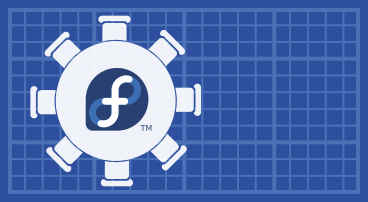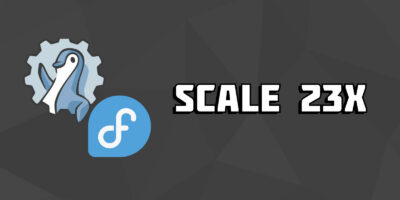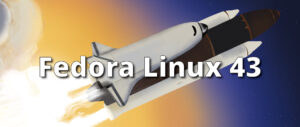This is a part of Env and Stacks Elections interviews series.
Voting is open to all Fedora contributors. The elections started on June 22nd and closes promptly at 23:59 UTC on June 28th.
Please read the responses from candidates and make your choices carefully.
Feel free to ask questions of the candidates here or elsewhere!
Interview with Stuart Campbell (sic)
What is your background in Fedora? What have you worked on and what are you doing now?
I have been a long time user of Fedora since it’s inception and before that Red Hat Linux since about 4.1 – which really is starting me make me feel old! 🙂
Recently, I was one of the inaugural members of the Environment and Stacks Working Group.
What are your interests and experience outside of Fedora? What of those things will help you in this role?
In my day job, I work at a large scale scientific facility, where we use computing to try and lower the barrier to scientific discovery. This can involve taking on a number of different roles from systems administrator, architect/integrator, software developer and scientist. The foundation for all the platforms we use is either RHEL/CentOS or Fedora. I have spent a lot of time and effort working with how to deploy the latest cutting edge scientific software on platforms that move at a slower timescale. I think that this real world experience of trying to use Fedora for use cases that are covered by this working group will add a useful perspective. I also work on some open source scientific software that have a large number of package dependencies. So I have had a lot of experience (and pain) of various approaches to what you do when the software you need to deploy has dependencies that are either not met (not too bad) or conflict with versions shipped in the base os (not fun).
What are your Future plans ? Is there anything what you can consider as “Mission Statement” in this role?
At a high level, I would like to help Fedora become the Linux distribution of choice for developers and advanced users. But, closer to home, I would like to help the Fedora Project develop a robust and coherent approach to the use of newer/conflicting package stacks (e.g. different versions of python or httpd than that shipped with the base os) through to user level package management and the maintenance of language stacks (e.g. Python, Ruby, etc).
What are the most pressing issues facing Fedora today? What should we do about them?
I think that one of the biggest hurdles for Fedora is to try and change the general perception from a large portion of users that it is just too fast moving and therefore too unstable to use for general day to day purposes. I think that the Fedora.Next initiative was an excellent concept and led to a focused approach to develop a coherent product / flavour (i.e. Workstation, Server, Cloud) and which has culminated in the excellent Fedora 22 release.
What interests you from Env and Stacks, and which projects would you contribute to?
I think that Fedora needs to have a coherent approach to how we deal with packages that make up the core OS and those that can be ‘switched out’ with newer or different versions, all the way up to user level package management. In this area I think that the Aleph proposal from Nick Coghlan is an excellent start to try and develop a project wide approach and I would like to help him make it a reality.
I have also been looking at how we could extend copr in order to allow users to generate a docker container with all their copr packages included.





